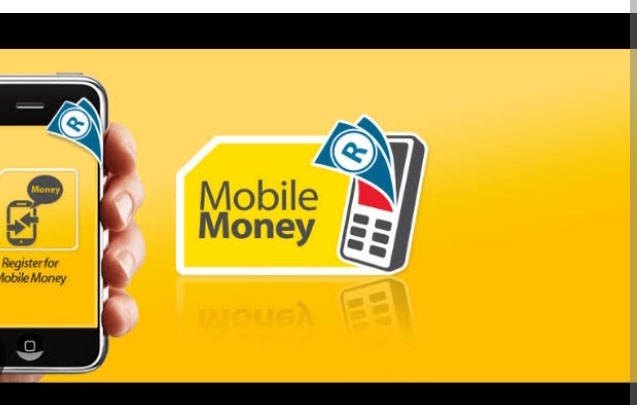Mobile Money Services in Nigeria
In recent years, mobile money services have emerged as a transformative technology, revolutionizing the way financial transactions are conducted in Nigeria.
With the widespread adoption of mobile phones and the need for convenient and secure financial services, mobile money has gained significant popularity, enabling millions of Nigerians to access and manage their money easily, even in remote areas where traditional banking services are scarce.
This article delves into the workings of mobile money services in Nigeria, highlighting their benefits, key players, regulatory framework, and the impact on financial inclusion and economic growth.
The Rise of Mobile Money in Nigeria:
Mobile money services, also known as mobile banking or mobile financial services, refer to the use of mobile phones for financial transactions, including payments, transfers, savings, and access to other financial services.
In Nigeria, the proliferation of mobile phones, particularly smartphones, has laid the foundation for the success of mobile money services. As of 2021, Nigeria had over 207 million mobile subscribers, making it one of the largest mobile markets in Africa.
Key Players in the Nigerian Mobile Money Landscape:
The Central Bank of Nigeria (CBN) has played a vital role in shaping the mobile money industry. In 2009, the CBN introduced guidelines for mobile money operations, paving the way for licensed operators to provide financial services through mobile channels.
Some of the prominent mobile money service providers in Nigeria include:
a. Paga: Paga is one of the leading mobile money service providers in Nigeria, offering a wide range of financial services, including bill payments, airtime top-ups, fund transfers, and merchant payments. Paga has established partnerships with various banks, enabling users to link their bank accounts to their Paga wallets seamlessly.
b. Flutterwave: Although primarily known as a payment gateway, Flutterwave has expanded its services to include mobile money solutions. With its “Barter” app, Flutterwave provides Nigerians with a convenient platform for making payments, transferring money, and managing their finances.
c. OPay: OPay, backed by Opera Software, is another major player in the Nigerian mobile money market. OPay offers a comprehensive range of services, including bill payments, airtime purchases, ride-hailing, food delivery, and peer-to-peer transfers.
How Mobile Money Services Work:
Mobile money services in Nigeria typically involve the following steps:
a. Registration: Users need to register with a licensed mobile money operator by providing their identification details, such as name, phone number, and proof of identity.
b. Account Creation: Once registered, users are assigned a mobile money account, also known as a wallet, which is linked to their mobile phone number.
c. Funding the Wallet: Users can fund their mobile money wallets by depositing cash at authorized agents or through bank transfers. Some mobile money operators also offer the option to link bank accounts or cards for seamless fund transfers.
d. Conducting Transactions: With funds in their wallets, users can perform a variety of transactions, including sending money to other mobile money users, paying bills, purchasing airtime, and making payments at supported merchants.
e. Cash Withdrawal: Mobile money users can withdraw cash from their wallets by visiting authorized agents or using specific ATMs that support mobile money services.
Benefits of Mobile Money Services in Nigeria:
Mobile money services have brought numerous benefits to Nigerians, including:
a. Financial Inclusion: Mobile money services have expanded access to financial services for the unbanked and underbanked populations, especially in rural areas.
By leveraging mobile phones, individuals can conduct transactions and access a range of financial services without the need for a traditional bank account.

